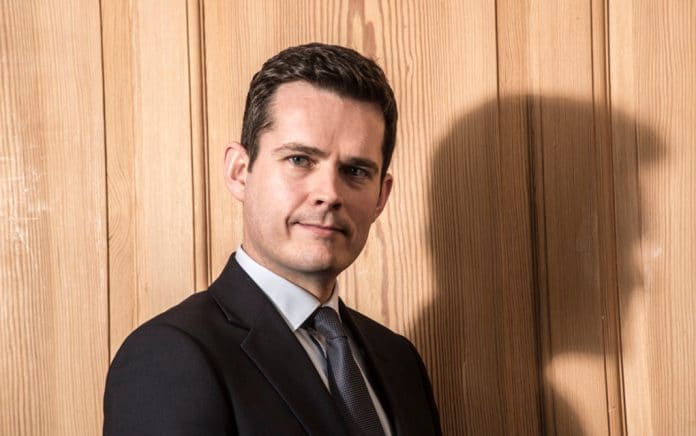Richard Morris, UK CEO at Regus, explains how flexible working practices can benefit businesses and lead to happier, more effective employees.
Professionals across a number of industry sectors, led by several compelling factors, are challenging the validity of traditional workplace structures and many are embracing change. Taking space on an as-needed basis makes sense for businesses that no longer want to be locked into long-term fixed and inflexible leases.
This has obvious bottom-line advantages – after all, why pay for an office with ten desks when only five are ever occupied? But it is also a strategy that enables businesses to be more agile and to scale-up or retract as operational needs dictate.
Changing attitudes
Such financial and logistical benefits of working flexibly are convincing but forward-thinking business owners see well beyond these advantages. Attitudes are changing. No longer is the worker asked to adapt to the workplace – rather, businesses are championing working structures that better enable employees to do their best work.
Remote working improves productivity by offering business people a much-needed change of scene. According to our latest research among more than 20,000 global professionals, over half (56 per cent) found that they were better able to concentrate when working remotely. The same survey revealed that over a third (35 per cent) of business managers globally plan to allow their teams between one and two days to work remotely in the coming 12 months.
In fact, those businesses not thinking in this way face the very real threat of missing out on the cream of today’s employee talent. An earlier Regus survey among 3,000 UK professionals found that when faced with two similar jobs, more than nine in ten professionals would select the one offering flexible working. Further, more than half agreed they would actively change job if one with more flexible working was offered.
Managing millennial expectations
The millennial workforce comes with very different attitudes to work than previous generations. Workplace flexibility is no longer regarded as a perk – rather, it is expected. By positioning in a more agile fashion businesses can cast their recruitment net wider – location no longer being a handicap to securing the best talent.
Workers are no longer willing to accept the stress and expense of the commute and are looking at flexible working solutions that enable them to gain this time back, work nearer to home and enhance productivity. Given that today’s typical UK commuter spends an average of 8.1 hrs per week travelling to and from work – the equivalent of an entire working day – eliminating this process makes total sense.
The flexible future
The true beauty of the flexible working model is the choice of workspace type and location. Businesses can mix and match, finding solutions that suit individuals and enabling a fluid geographical spread to suit changing strategies. They simply use and pay for what they want, where they want it – a way of working far removed from the fixed-desk, fixed-location, fixed-lease model.
A growing number of business and entrepreneurs are thinking the same way. Why persist with legacy routines that are expensive, unproductive and limiting? Forward thinkers have recognised that the workspace infrastructure is in place to support a more flexible approach, to the benefit of individual employees and overall business outcomes.
Richard Morris is UK CEO at flexible workspace pioneer Regus. He began his career as a trainee accountant at Royal Mail after graduating in 1996 from the University of Liverpool. In 2009 he obtained a distinction in the Global Leadership Programme at Manchester Business School. Richard is based in London and enjoys spending time with his family.


